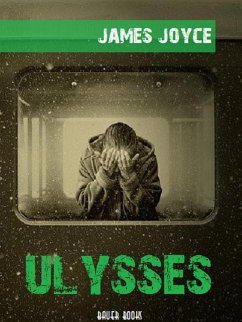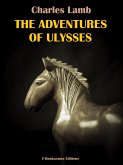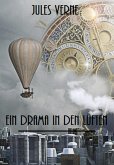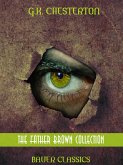Often considered one of the ‘greatest novel of the 20th century’, James Joyce’s masterpiece, Ulysses, is both a feat and feast of sheer literary brilliance. Reimagining Homer’s epic poem The Odyssey as the travels and trials of an everyday man through the crowded streets and pubs of Dublin, Joyce weaves strikingly versatile prose styles and varying perspectives to encompass the whole of life within the hours of a single standard day, June 16th, 1904. This day, dubbed Bloomsday, is celebrated with increasing popularity in modern times, which is a testament to the lasting greatness of the novel (and to the desire to drink and be merry of all people). Instead of taking a daily life and elevating it to mythical proportions, Joyce has taken mythology and reversed it, shrinking it into an average day, which in turn gives each character and action a heroic sense about them. In this way, even besting a drunken nationalist spewing anti-sematic sentiments at a bar can be seen as a legendary conquest. Ulysses is an epic in its own right, setting the bar for literature up to the stratosphere as we immerse ourselves in Joyce’s dear dirty Dublin.








